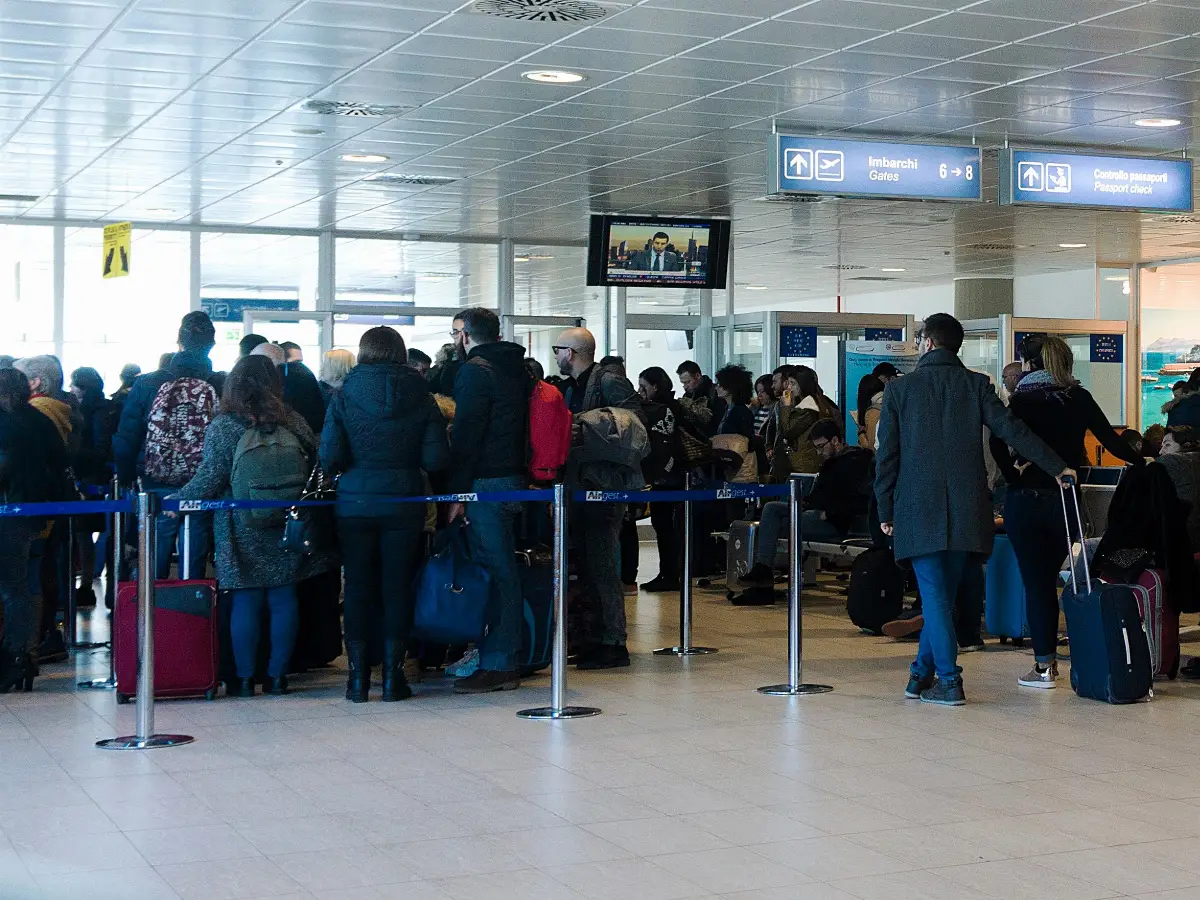
Airplanes, Summer 2025: flights for August, is it still possible to save?
Investigation on 8 Italian and international routes reveals price increases up to 300%

Booking early is usually advantageous, but not always: beware of dynamic pricing fluctuations, warns Altroconsumo
With Summer approaching, many travellers have yet to book their flights. But is it better to make it now or wait? Prices have already risen, but it is still possible to find good deals. This is what emerges from the latest investigation by "Altroconsumo", a major independent Italian consumer organization and part of "Euroconsumers", which monitored the evolution of airfares from December 2024 to May 2025 on eight strategic routes, both domestic and international, with departure on August 9 and return on August 23, a period of very high demand. According to the collected data, on average flights have increased by 83% compared to December prices, but in some cases the increase has exceeded 300%. For those who still need to purchase tickets, the keyword is: monitor. Understanding price trends and comparing available options can still make a difference.
Over six months, "Altroconsumo" recorded the lowest available prices every first Tuesday of the month on 174 flights, analyzing eight highly requested routes: from Rome to Paris, Cagliari, Barcelona, and Tokyo; from Milan to Palermo, Bari, London, and New York. In some cases, those who bought tickets late ended up spending thousands of euros more: Rome-Tokyo fares surpassed 5,000 euros, compared to an average below 1,500 in December.
International destinations are where the steepest increases have been recorded: Milan-London prices rose by over 570 euros compared to December, while Milan-New York saw an increase exceeding 1,000 euros. But domestic routes have not been spared either: 215 euros more for Milan-Palermo, 183 euros more for Milan-Bari. Routes to the islands have been particularly affected, already under scrutiny by the Antitrust authority.
The investigation also highlighted a less obvious aspect: booking early does not always guarantee the lowest price. In some cases, fares increased during the middle months only to drop again later. A significant example is the Rome-Paris flight with Wizz Air, which reached 600 euros in February — a 488% increase compared to December — then fell back to 195 euros in May. This trend is explained by the dynamic pricing mechanism, a system employed by airlines to constantly adjust fares based on factors such as demand, load factor, presence of seasonal or unforeseen events, and competition among carriers, enacting significant price changes sometimes multiple times per day.
“Our investigation clearly shows that, generally, it is advisable to book as early as possible for August: on average, prices have risen by 83% as of May compared to December", explains Matteo Marano, market analyst at "Altroconsumo". "At the same time, it is better to monitor prices to understand their trajectory and avoid unexpected spikes; in fact, booking earlier can sometimes mean paying more. This happens because airlines employ increasingly sophisticated dynamic pricing algorithms that can vary prices several times a day, adapting in real time to demand and factors often unpredictable to consumers".
For those who still need to book, it is therefore essential not to rely solely on the initial price displayed on search engines. Comparing multiple options, keeping a daily eye on fare trends, and carefully calculating the total cost —including baggage and additional services— can make a real difference. Also, avoiding pre-packaged bundles that often turn out more expensive than purchasing flights and ancillary services separately can be a useful strategy to contain expenses.
Moreover, the investigation reveals that low-cost carriers generally offer more economical fares than national carriers: their lowest prices are about 20% cheaper. However, it is always important to consider that extra costs often apply to the initial fare shown, such as for hand luggage or seat selection. Another factor to consider is the strong variability of fares: low-cost carriers tend to experience significant fluctuations over time, with frequent spikes, drops, and rebounds. This means that especially during high-demand periods, prices can occasionally be higher than those of traditional airlines. The latter, while progressively raising prices as departure dates approach, do so in a more linear and predictable manner, without abrupt fluctuations.
For last-minute August vacation bookings, opting for a low-cost carrier can still be the most advantageous choice, provided all additional costs are carefully evaluated.
AVIONEWS - World Aeronautical Press Agency